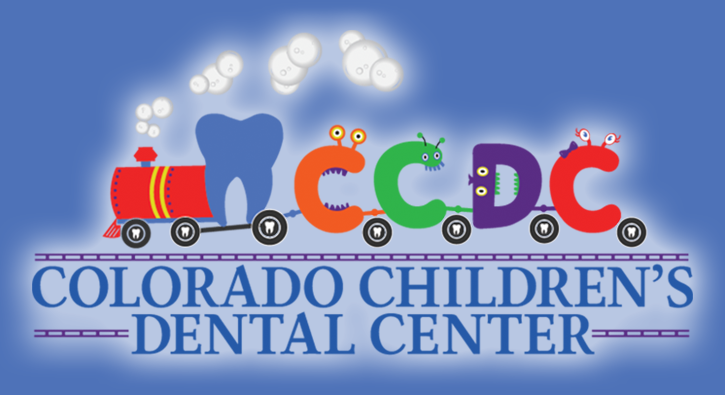
Contact Us
Early Dental Care
Teething
In most infants, baby teeth begin to erupt between the ages of 6 to 12 months old. If you child receives baby teeth earlier or later than this – do not worry! Every kid is different and getting teeth a little ahead of schedule or later than average is not a cause for concern!
When new baby teeth erupt, it is very common for children to display teething symptoms, which may include fussy, drooling, hands-in-mouth, low grade fever, tugging at his/her ears, waking at night, and/or minor changes in appetite. Not all children experience these teething symptoms. If you notice this occurring, there are some things that you can do such as cold foods to soothe the gums, teething rings, and/or taking Motrin for the worst days of discomfort. If you have further concerns, please do not hesitate to call our office!
Infant's New Teeth
The primary, or “baby," teeth play a crucial role in dental development. Without them, a child cannot chew food properly and has difficulty speaking clearly. Primary teeth are vital to development of the jaws and for guiding the permanent (secondary) teeth into place when they replace the primary teeth around age 6.
Since primary teeth guide the permanent teeth into place, infants with missing primary teeth or infants who prematurely lose primary teeth may require a space maintainer, a device used to hold the natural space open. Without a maintainer, the teeth can tilt toward the empty space and cause permanent teeth to come in crooked. Missing teeth should always be mentioned to your family dentist. The way your child cares for his/her primary teeth plays a critical role in how he/she treats the permanent teeth. Children and adults are equally susceptible to plaque and gum problems hence, the need for regular care and dental checkups.
A Child's First Dental Visit
A child"s first dental visit should be scheduled around his/her first birthday. The most important part of the visit is getting to know and becoming comfortable with a doctor and his staff. A pleasant, comfortable first visit builds trust and helps put the child at ease during future dental visits. If possible, allow the child to sit in a parent"s lap in the exam room. Children should be encouraged to discuss any fears or anxiety they feel.
Why Primary Teeth are Important
Primary teeth are important for several reasons. Foremost, good teeth allow a child to eat and maintain good nutrition. Healthy teeth allow for clear pronunciation and speech habits. The self-image that healthy teeth give a child is immeasurable. Primary teeth also guide eruption of the permanent teeth.
Good Diet and Healthy Teeth
The teeth, bones and soft tissue of the mouth require a healthy, well-balanced diet. A variety of foods from the five food groups helps minimize (and avoid) cavities and other dental problems. Most snacks that children eat cause cavities, so children should only receive healthy foods like vegetables, low-fat yogurt and cheeses, which promote strong teeth.
Infant Tooth Eruption
A child"s teeth actually start forming before birth. As early as 4 months of age, the primary or “baby" teeth push through the gums"”the lower central incisors are first, then the upper central incisors. The remainder of the 20 primary teeth typically erupts by age 3, but the place and order varies.
Permanent teeth begin eruption around age 6, starting with the first molars and lower central incisors. This process continues until around age 21. Adults have 28 secondary (permanent) teeth"”32 including the third molars (wisdom teeth).
Preventing Baby Bottle Tooth Decay
Tooth decay in infants can be minimized or totally prevented by not allowing sleeping infants to breast or bottle-feed. Infants that need a bottle to comfortably fall asleep should be given a water-filled bottle or a pacifier. Our office is dedicated to fighting baby bottle tooth decay. Let us know if you notice any signs of decay or anything unusual in your child"s mouth.
